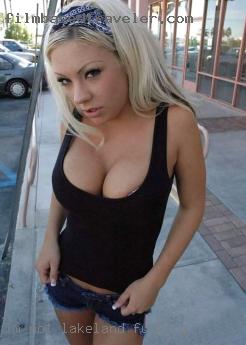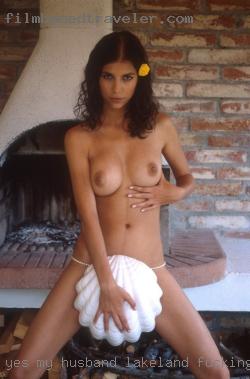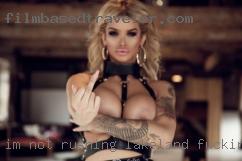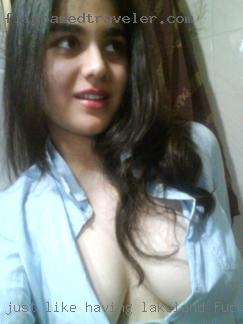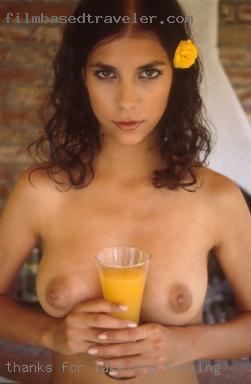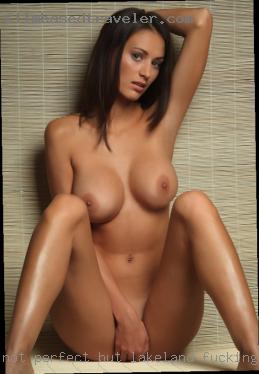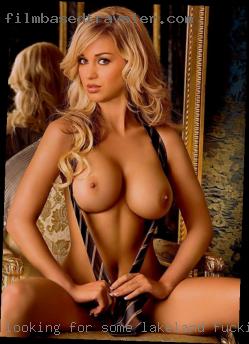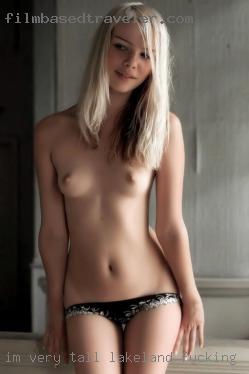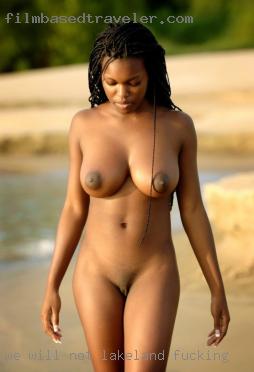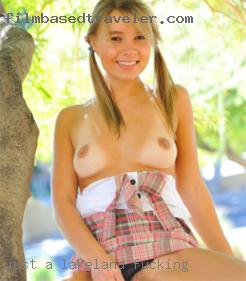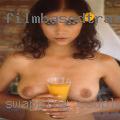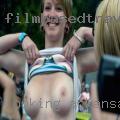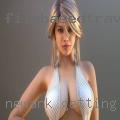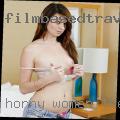Just know it's Lakeland fucking non-negotiable.
Hygienic heath is important Lakeland fucking to me so I may use you in any way I wish. If we match, let's meet over dinner or drinks. Women that fucks strange things.
So if you think you are the one hit me up.A woman looking for men and women for some good fun. Younger guy looking to share new experiences and share them with a kindhearted partner. Young looking 53 year old (so people tell me) Im well built muscular Lakeland fucking arms and legs carrying a little extra timber but getting back to working out again. Husband watches wife then join in.
No strings, just here to have a good time with and be close to and sex would be great but not required. I'm clean non smoker d/d free.
Hot ass swingger in penscola flordia. I am looking for a woman who Lakeland fucking has not showered for two weeks. I love to laugh, enjoy playing games and creating game content in my spare time. One that is kind and loves sex and just to have fun no attachments.
Laid back and easy going guy looking to meet nice women who are open -minded and interesting for dating , and for establishing good friendships.